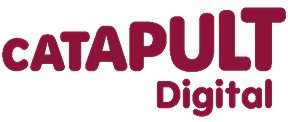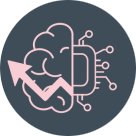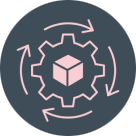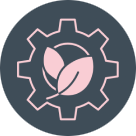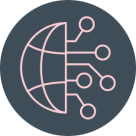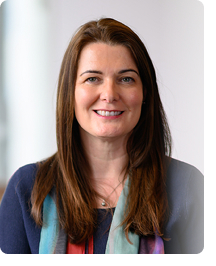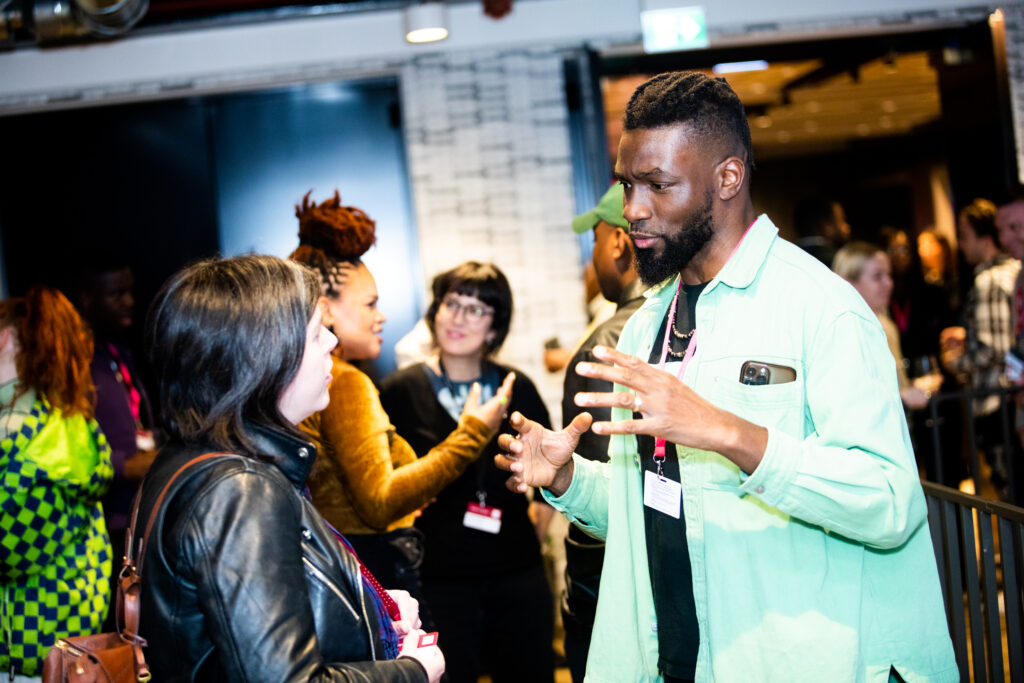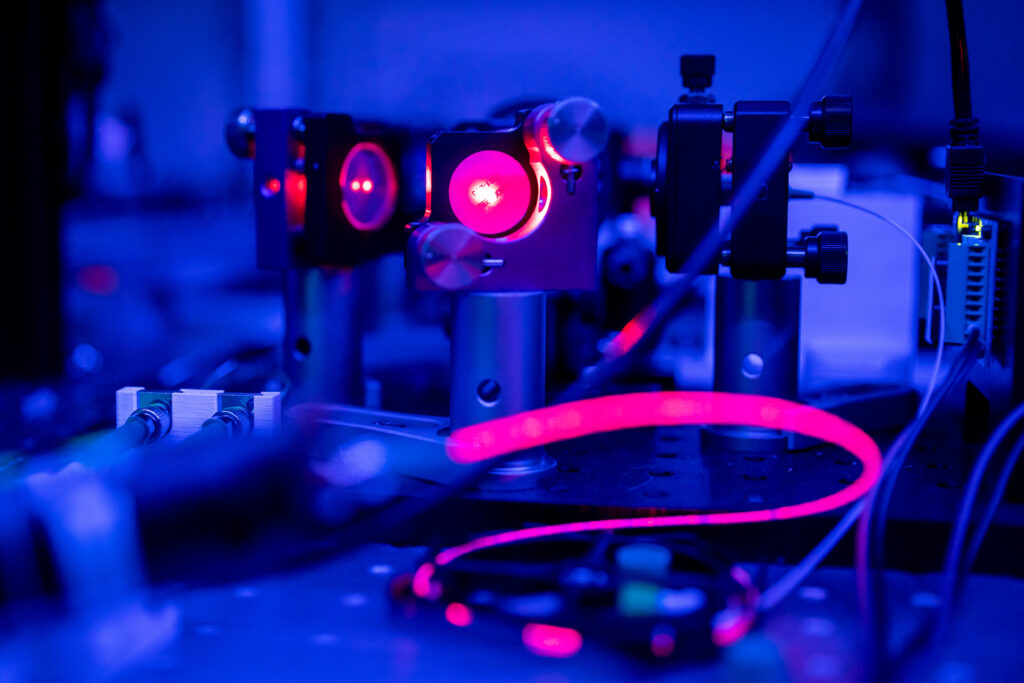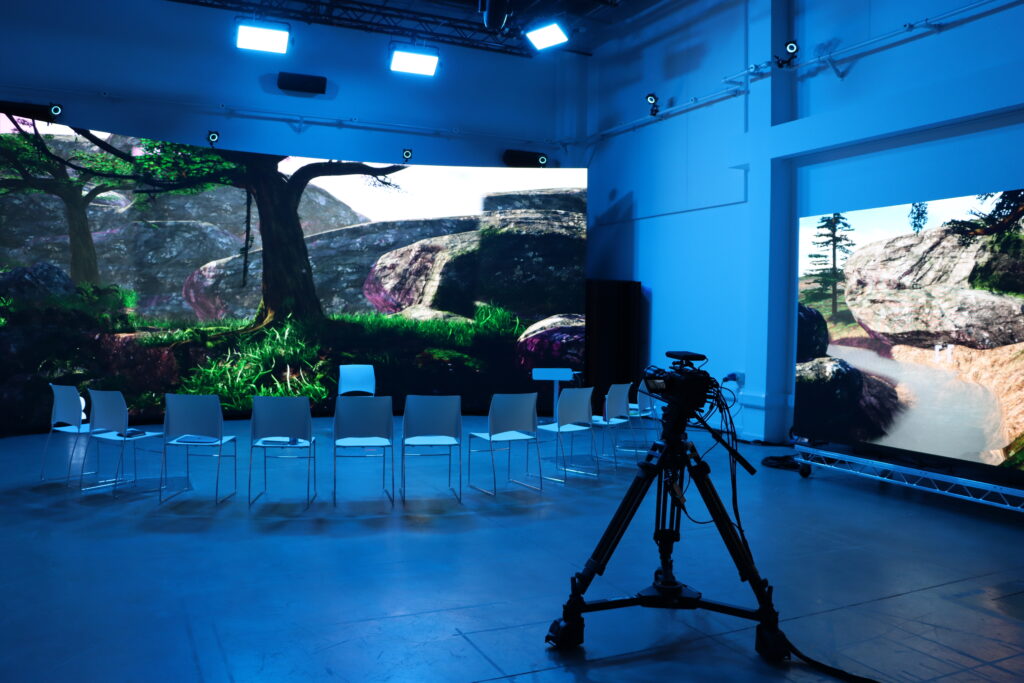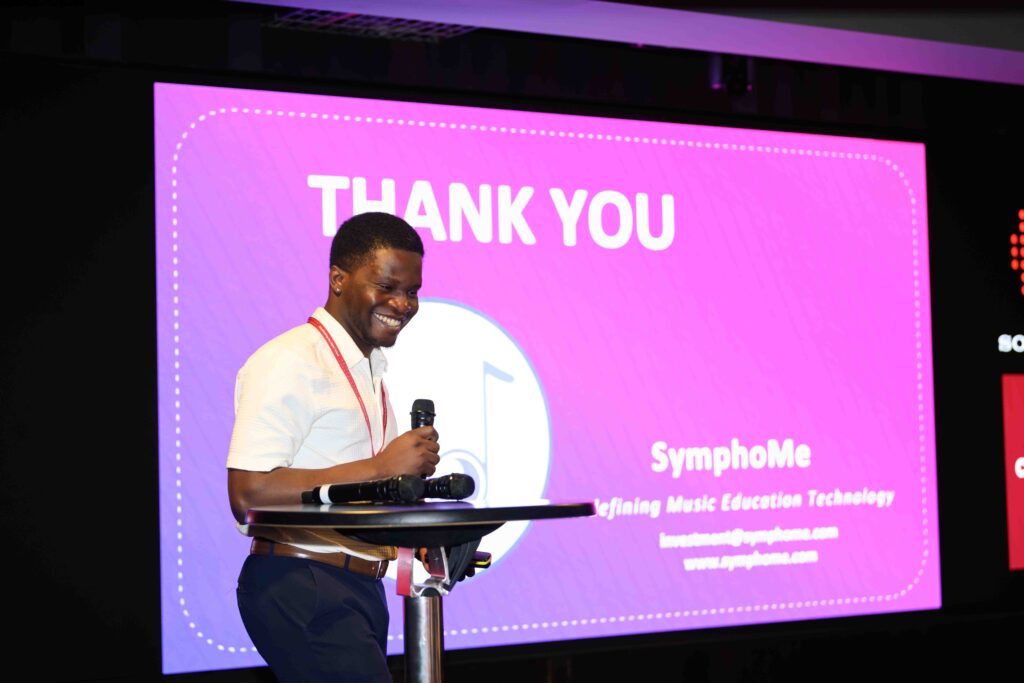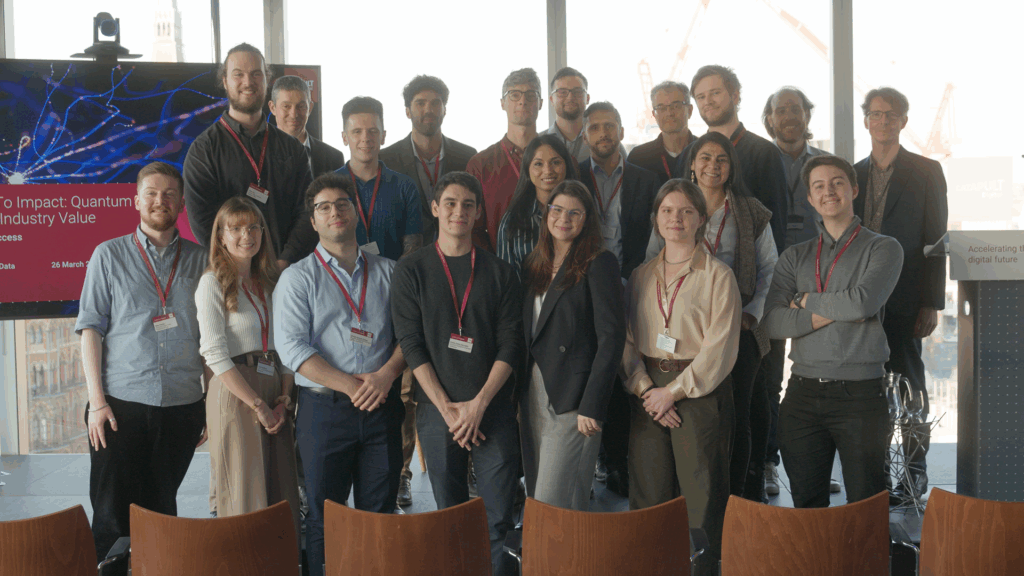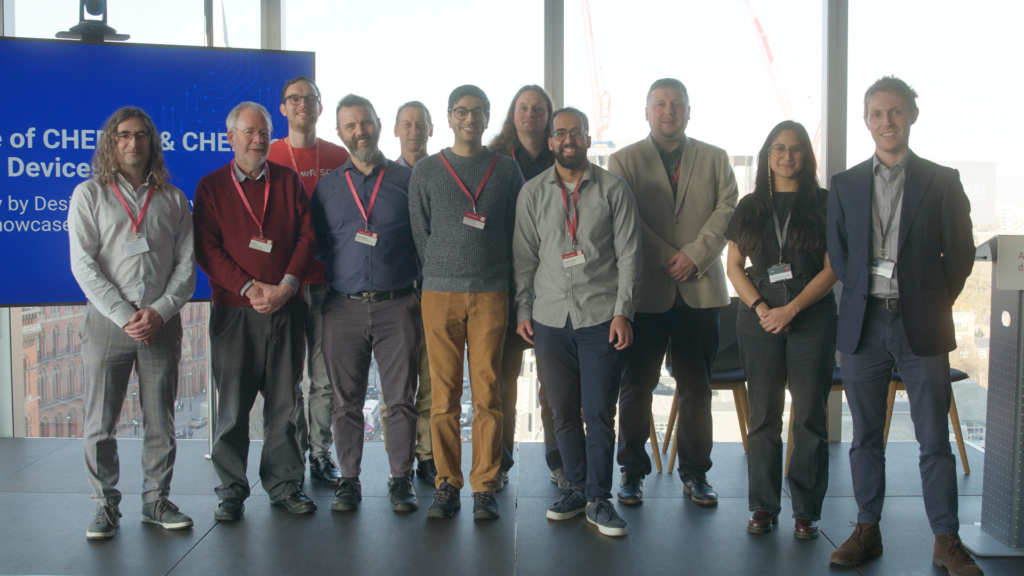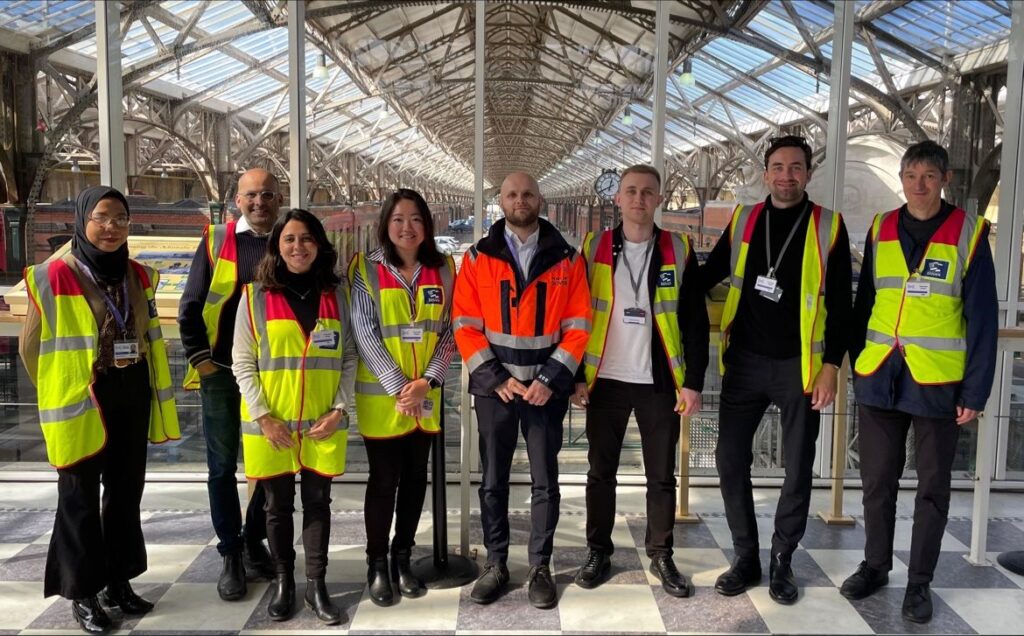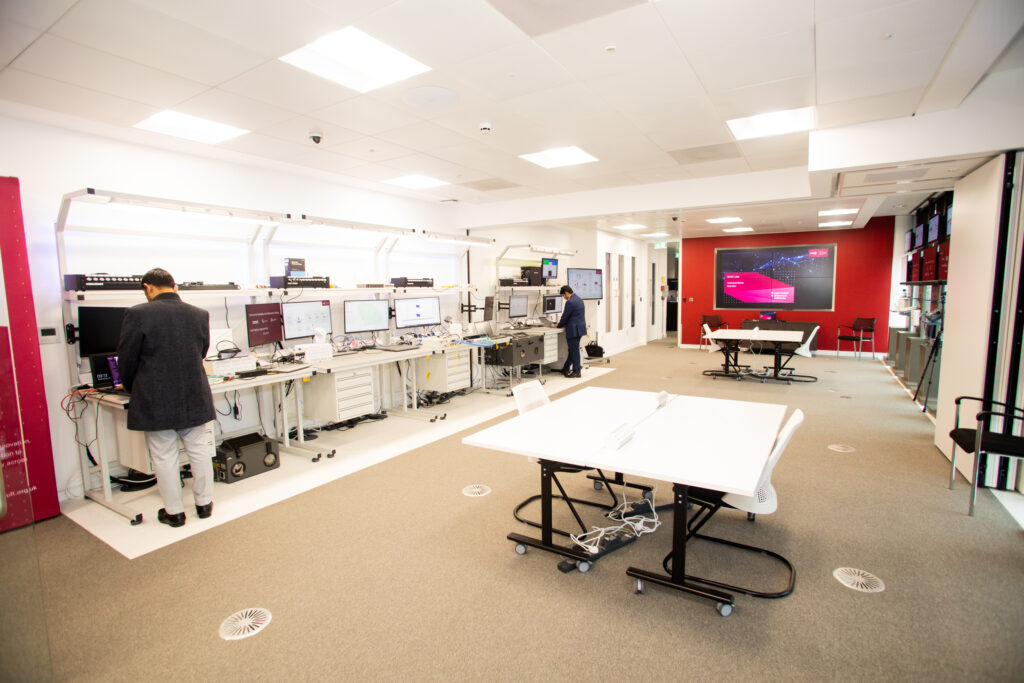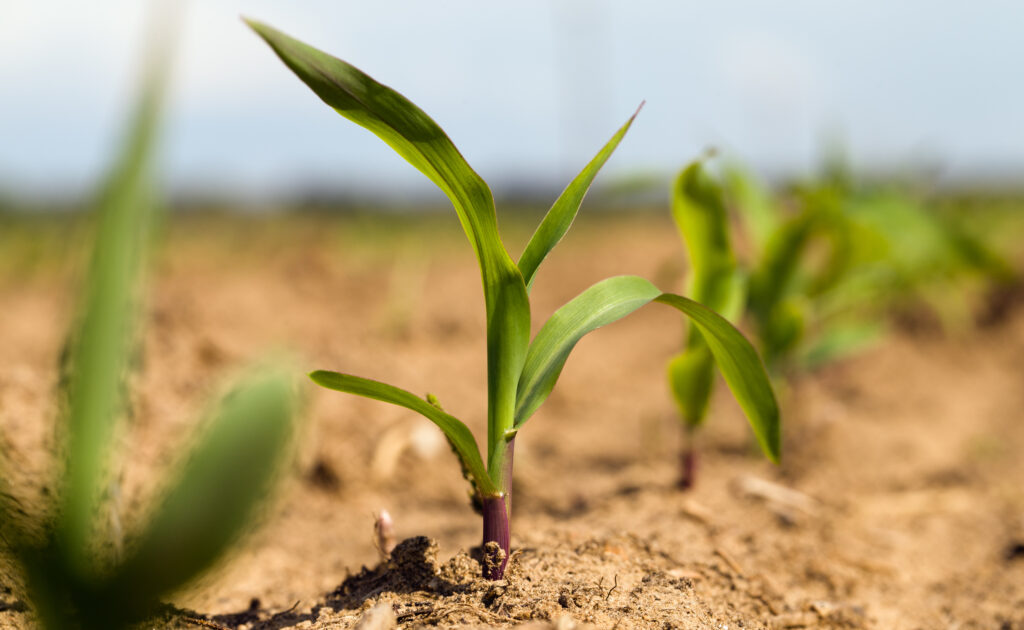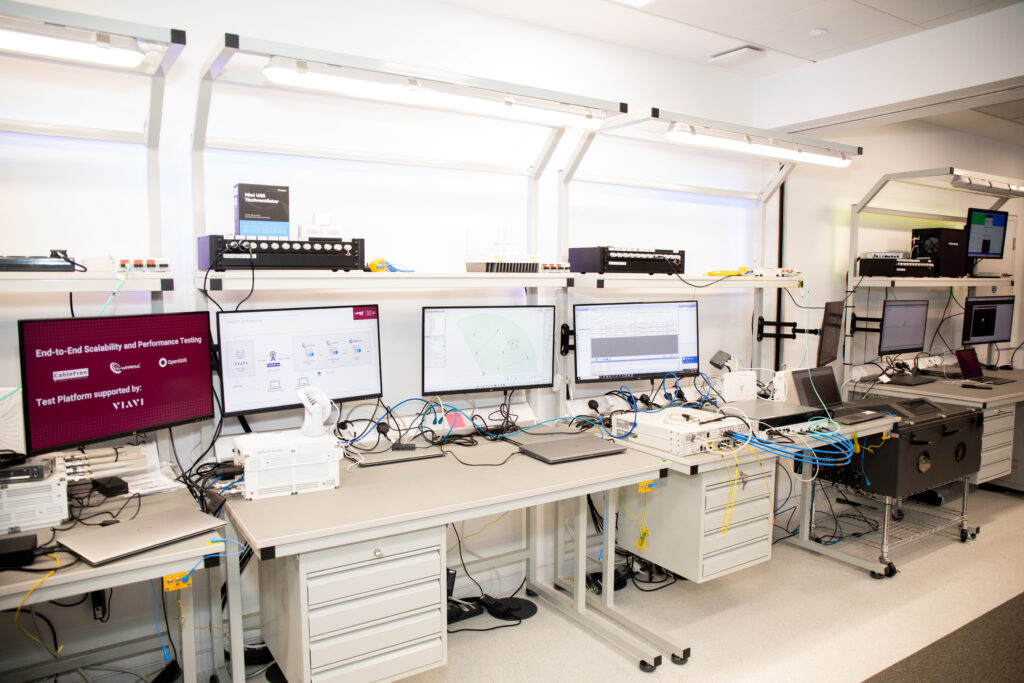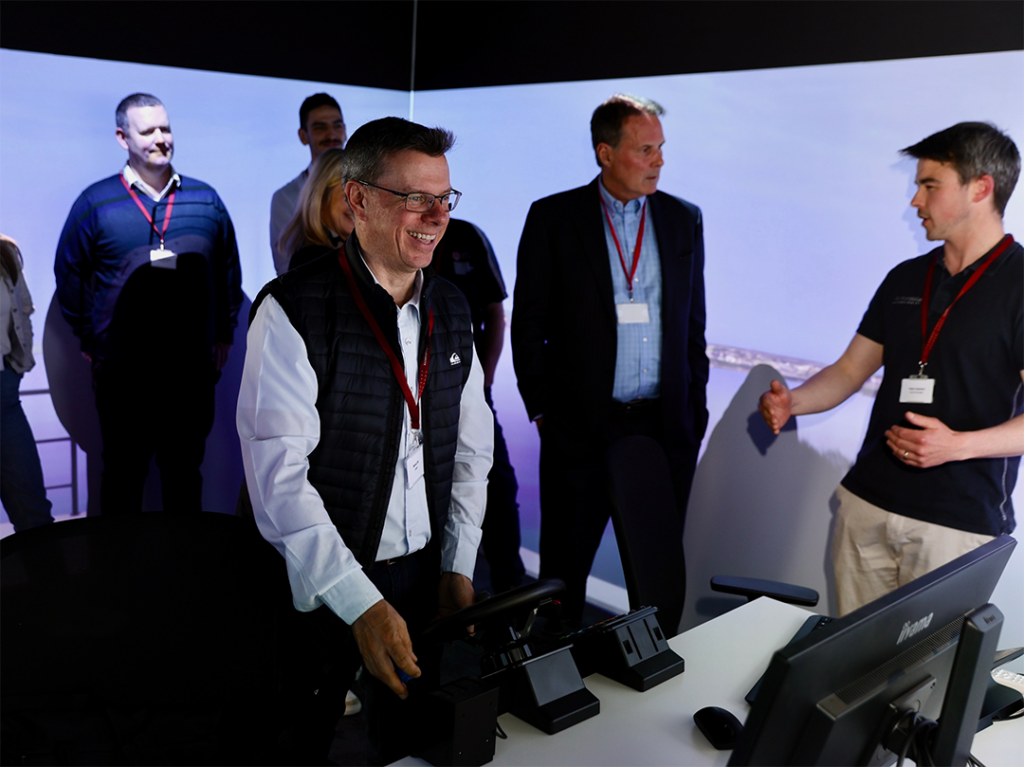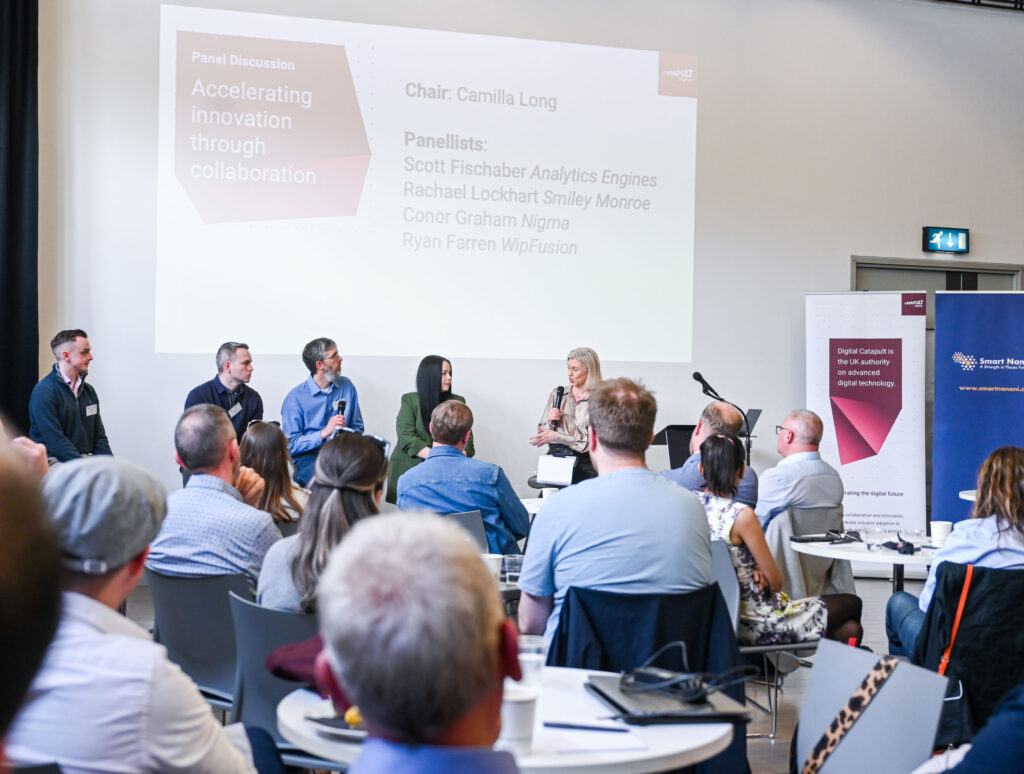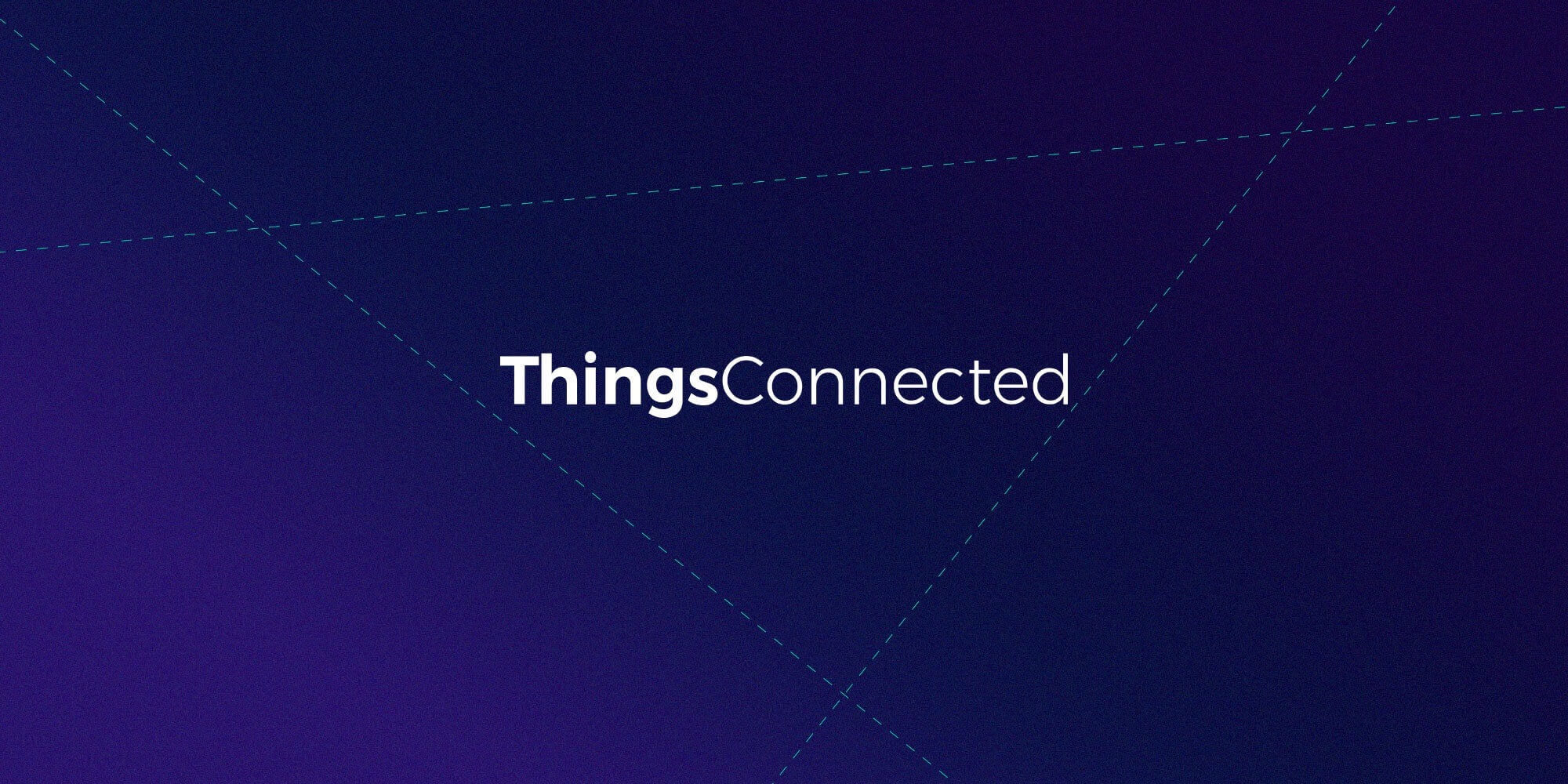In the 19 months since its inception, Things Connected has successfully supported over 70 startups to create a range of IoT solutions to meet the needs of corporate challenge owners. It has established partnerships with five regional partners to deliver a nationwide ecosystem of expertise and facilities. The Things Connected LPWAN spans 2,500 Km2 in four regions, London, Northern Ireland, North East of England & Tees Valley and Bournemouth & Poole, and is being used by over 1,100 users to experiment, test and prototype IoT solutions.
Things Connected is an initiative that supports UK businesses using LPWAN technologies to develop new products and services.. Its innovation programmes select and support high calibre startups to develop solutions for real world business challenges. Things Connected provides an open network which covers significant parts of the UK and NI for experimenting and prototyping new IoT solutions that can benefit from the unique features of LoRaWAN and SigFox.
Things Connected innovation programmes are run in partnership with challenge owners, typically organisations, corporations, and local authorities that have an interest in pursuing viable solutions created as a result of the programme.
The programmes provide startups with access to industry mentors, commercial and academic expertise helping them to develop and articulate compelling value propositions and excellent solutions.
The challenge
A key enabler for the internet of things (IoT) is the development of solutions that use low power wide area networks (LPWAN).
In recent years the UK has fallen behind its peers in the deployment of LPWANs. Globally China and the USA are securing the largest share of the IoT market. Closer to home, France and the Netherlands continue to dominate in Europe. Significantly, both countries have national LPWANs which allow new businesses and business models to flourish.
Things Connected aims to redress this by ensuring more UK businesses can ideate, test and produce IoT products at a faster rate and compete internationally.
Challenges faced by UK IoT startups
Startups need to quickly get to grips with a leading edge technology, which has not as yet achieved dominance and pitch to a new rapidly evolving market which is in its infancy. It is essential that they can shape and clearly articulate their value proposition in a market that requires them to educate and convince the audience to invest in a technology that is yet to be widely adopted.
They need to find a way to access councils/corporations to ensure they are developing solutions that meet a real need and to find prospective customers.
Barriers to IoT adoption for industry
Identifying startups working in any given technology area presents a real challenge for large corporations. Digital Catapult is in a unique position to act as a talent scout and filter, only introducing large organisations to high calibre startups with relevant solutions. It is also able to help organisations to identify and shape challenges that can be addressed via the programme. Things Connected is able to draw on growing network of over 700 small businesses developing solutions in the IoT space.
Things Connected remains vendor neutral, so can be trusted to give impartial advice to support challenge owners.
Two work streams together supporting the UK IoT ecosystem
In order to accelerate the adoption and development of IoT solutions that connect to the internet via LPWAN, Things connected simultaneously began work in two areas.
Firstly to create and operate an LPWAN network that would provide startups with a large ready to use network that would support the development, testing and commercialisation of ideas.
Secondly to create challenge-led innovation programmes to bring together researchers and startups with larger corporations with real world industry challenges.
Building the network
Initially the Things Connected network covered parts of central London and operated 20 gateways at sites that included the BT Tower, London Zoo and the Olympic Park with a total of around 402km2 of coverage. In the last 19 months, it has expanded significantly to cover 2,500 km2.
Following a competitive Open Call Sunderland Software City, Ulster University and WND UK were awarded funding to support Digital Catapult in the rollout of regional LPWAN networks. The three networks in the North East & Tees Valley, Northern Ireland and Bournemouth respectively expanded upon Digital Catapult’s London network with an additional 120 gateways deployed across the three regions.
Digital Catapult recently partnered with The Things Network (TTN) . The collaboration create’s the UK’s largest free-to-use LoRaWAN network. Things Connected joined 63 local TTN communities with over 700 members and 250 gateways.
Innovation programmes that foster innovation and drive adoption
Things Connected innovation programmes begin with a real-word business challenge or opportunity posed by a challenge owner. Challenge owners are typically local authorities, organisations and corporations that want to explore the potential for IoT and LPWAN to transform their business but want help to identify the best startups to work with to develop solutions.
For the startups that participate, the innovation programmes provide unparalleled access to senior decision makers within corporations and support from Digital Catapult to:
- develop robust and commercially viable solutions
- hone their value proposition
- develop and practice their business pitch
- access to funding.
For the challenge owners, Things Connected provides:
- access to a network of noteworthy startups
- support to identify and shape challenges to be addressed
- assistance to set up LPWAN test networks
- guidance for technology pilots
Innovation programmes vary in duration from two weeks to six months and include access to the ecosystem, support from academia, subject matter expertise, technical and business development support, exposure to new market opportunities and access to investment.
So far, 70 high calibre startups have graduated from the Things Connected Innovation programmes.
Creating regional opportunities and impact
Things Connected is a nationwide programme that is working hard to deliver benefit across the UK.
In Northern Ireland, Things Connected has convened a consortium of nine local authority councils, that are working collaboratively with industry (including high profile organisations Bombardier, Dell, Seagate, NHS Europcar and National Farmers Union) as the challenge owners for the innovation programme. So far they have invited the startup community to respond to nine separate challenges in areas ranging from urban living to transport and smart buildings.
Tourism Northern Ireland and the local authority councils are providing a combined cash fund of £145k that will be shared amongst successful applicants. This will provide a powerful cash injection that will enable the participating startups to develop commercially viable products far more rapidly.
In Bournemouth, the programme has partnered with WND UK who are working with Bournemouth City Council, RNLI and Vivid Homes to invite the startup community to respond to three challenges relating to landslide slippage, air quality, fire, health compliance and developing a smart waterside.
The North East and Tees Valley partnership is being delivered by Sunderland Software City. Northern Gas Networks, Northumberland National Parks and a consortium of 13 local housing associations have identified challenges it wants to use as the focus for forthcoming innovation activities.
Nationally Things Connected is creating a wealth of opportunities and supporting the burgeoning IoT ecosystem.
Early successes for startups
The realistic expectation for participating startups is that they win contracts to run pilot projects or funding from investors to further develop their products. Here are examples of companies from the most recent cohort of startups who have done just that.
Giosprite
UK startup Giosprite are developing smart network technologies to help local authorities and businesses gain valuable insight from IoT data. As a result in participating in a Things Connected innovation programme it has been awarded £10k to deliver a live trial in Watford of its solution which measures footfall. Understanding footfall help councils plan, develop and deliver new, improved and more sustainable services for its local population.
IoT Solutions Group
IoT Solutions Group is an IoT Systems Integrator with an emphasis on buildings and infrastructure solutions. It has benefited from its participation Things Connected by winning the opportunity to work with Thurrock Council to turn their Household Waste and Recycling Centre into a Smart Tip. The aim is to report on traffic queue lengths and gather data on how the public use the different facilities on the site. The trial starts next week. IoT Solutions Group also won Watford Council’s recent parking challenge, where they will receive up to £20k funding to deliver a live trial in Watford later this year.
VRM Technology
VRM Technology has developed a building monitoring solution which integrates into a building’s existing management system to collect additional measurements (e.g. humidity) bringing together all the data in a powerful dashboard which helps to ensure a building’s environmental conditions can be optimised for inhabitants. As a result of participating it won a pilot project with Camden Council to develop a solution that will help the council monitor residential flats which, post-Grenfell, have had external wall cladding removed and are therefore at higher risk of developing damp and losing heat. Digital Catapult’s support has continued to deliver benefit, VRM has been awarded another project to monitor high-rise properties in another London local authority.
AirPublic
AirPublic measures and analyses outdoor air quality with a mixture of fixed and mobile devices. It offers a ‘monitoring as a service’ model that enables customers to see near real-time variations in air quality at a very granular scale, at an economical price.
AirPublic has benefitted from its involvement with Things Connected in a number of ways. In July, it won a challenge to work with Croydon Council on a £10k live trial to monitor the impact of construction sites on air quality in the borough. It is currently enhancing its sensors to work with LoRaWAN, which it hopes will help it win more new business. Trials are due to start in September.
Benefits realised by challenge owners, industry and the public sector
Croydon Council are Watford Council are good recent examples of organisations that have capitalised on their interaction with the Things Connected programme by commissioning follow on work with startups they met as part of the process.
Digital Catapult has acted as a talent scout and quality filter, giving them the opportunity to meet high calibre, innovative startups with the expertise they need. Digital Catapult has also supported the challenge owners to identify and shape the challenges they have set so that they get the best possible value from the process.
“We have previously had issues trying to find the correct suppliers to help us solve some of our problems but this kind of format, by bringing both together, allows us access to those suppliers but it also gives those suppliers a foot in the door with a housing association.” explains Nigel Roberts, Project Surveyor, Golding Homes on why bringing startups and larger organisations together at Things Connected.
The long tail of innovation activities
Things Connected continues to generate success stories, impressive for what is a relatively young initiative. Digital Catapult is excited for the prospects of these early Things Connected Alumni as the long tail benefits of the programme are realised in the years to come.
